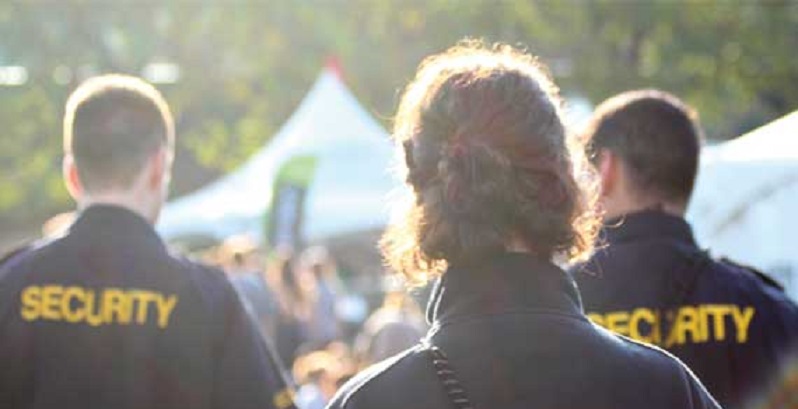
How to Maintain Cyber Security for Event Guide
As we lead off the steep learning curve required by our current safest course of action, events, it’s more important than ever that we all gain the training we’d like to guard our attendees and other stakeholders from breaches in our data. But, unfortunately, over half of the cybersecurity for events have whirled their events online within a previous couple of months. Thereupon, heavy rush online came to a widespread lack of regard for digital security and privacy.
As event planners, we are given highly personal and valuable information about our attendees and stakeholders. It’s our responsibility to safeguard it and confirm it doesn’t fall under the incorrect hands. We spoke with two experts on the difficulty of knowledge protection and security — here’s what you would like to understand to ensure a secure and secure event.
Know Your Vulnerabilities
“Far too often, people are trying to find it to be taken care of by the vendors, by the event app platform, by the event platform. And they are not taking responsibility for it themselves.” Hackers who try to steal information on event clients and stakeholders tend to use it in social engineering schemes to craft realistic emails to control people into opening a malicious link or providing further sensitive information.
6 Ways to Secure Your Event
When considering online event security, security companies remind us to believe in approaching security at a physical event. For instance, at minimum, there would likely be a registration desk for checking IDs. Securing a digital event is far more challenging, but it’s even as necessary. Here are some things to stay in mind to make your event safer and secure.
Lock Down Registrations
When fixing registrations, confirm you enable individual links for every attendee so that you’ll easily track activity and data associated with each connection. It is also important to be very clear about the character of the links in your event communications. So that attendees realize that they are personalized and aware. They should not be sharing their connections with anyone else.
Implement a Code of Conduct
Think about how you’d handle a critical situation and the way you would possibly be ready to eject someone who doesn’t follow your code of conduct. Include the code of conduct alongside terms and conditions in your registration. So everyone understands what’s also expected because of the consequences of refusal.
Get a Password Manager
One of the only ways to enhance your event security and your online privacy is to use a password manager. These tools generate and keep track of randomized passwords to ensure that you are not reusing an equivalent, easy-to-guess password across multiple event platforms and services. All you would like to try to do is remember one master password. And your other data is going to be securely stored within the system.
Keep an Eye on Your Integrations
Integrating your event platform with other tools, like an occasion app, is usually inevitable, especially for a virtual event. So it isn’t necessarily a problem to try to do so, but it is a good idea to undertake to limit the number of integrations to the maximum amount possible. Always remember who you’re granting access to and confirm you often monitor your integrations to remove any that are not any longer getting used.
Use a VPN When Possible
If possible, employing a company VPN will allow you to access and use your office’s server from home. It can be far more secure than a home or public Wi-Fi network when sending and sharing sensitive information over the web. However, the only option feasible to you is a consumer-grade VPN, like Expressvpn. It’s still better than nothing and can make it harder for your data to be traced and hacked.
Consider Two-Factor Authentication
You’ve likely already encountered two-factor authentication when trying to log into sites like Gmail and Apple. It is often a system that aims to verify someone’s identity by requesting two pieces of evidence against only one (which is usually a password).
These sites typically use text or email because of the secondary authentication method. However, these methods are proven to be very hack-able. However, it is recommended that by using an actual two-factor authentication app that generates a short-lived, just one occasion code or a physical USB-C key when securing access to any event platforms. Content management systems as you’re creating your event and inputting information.
Conclusion
Cybersecurity isn’t a replacement topic, but it’s becoming increasingly important for event profs to require a positive role in learning about cybersecurity and the way to safeguard their data as events are essentially held online. These best practices also will be helpful even once live events resume, as long as there’ll still certainly be a practical component.
